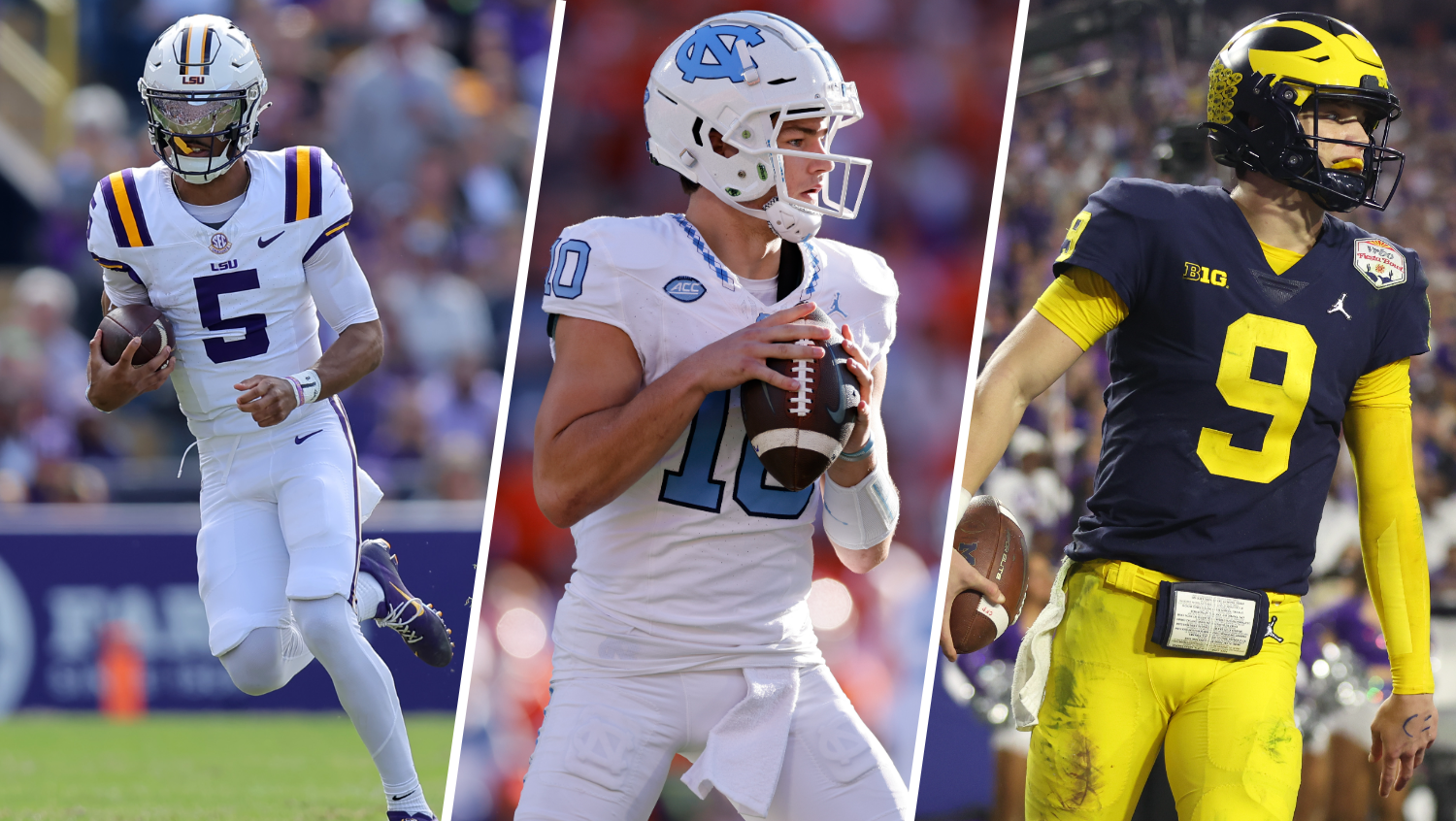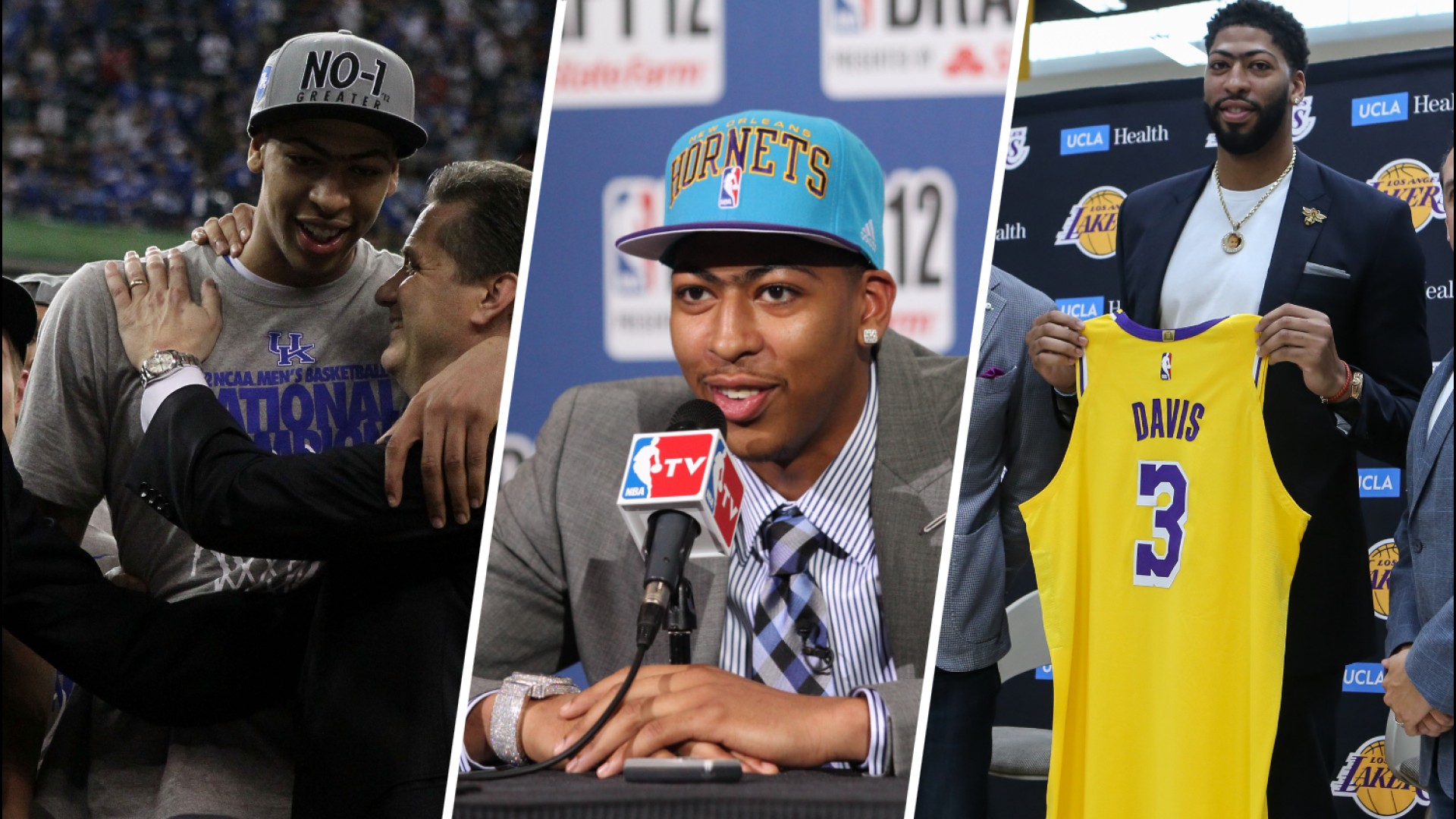Swimming is all about the tick of the clock. Beating time so you can win by a hundredth of a second – or miss out by years.
In the beginning, time was always on Clay Britt’s side, starting with his very first race. "I swam across a pool, got to the other side, looked around and there was nobody else there. And I thought, wow, this is really cool."
Britt’s records are still standing at Montgomery Square Copenhaver Swim Club in Rockville, Maryland, 47 years after he broke them in every stroke, in every age group, even though future Olympians like Mike Barrowman and Dan Veatch came tearing down those same lanes after him.
"I just love to race," Britt said. But at 13, he broke his ankle and couldn’t swim his favorite stroke – breaststroke – that summer. “I developed a flip turn with a cast that ultimately became so much faster. I just all of a sudden became a backstroker."
And like that, he started to beat the clock and everybody else. After graduating from Bullis School in 1979, he set the pace at the University of Texas by winning the NCAA Championships in 100 backstroke his freshman, sophomore and junior years.
It was his time. He was a favorite for the Olympics.
"The Olympic Trials at that time were scheduled to be at the University of Texas swimming pool, which is where I swam every single day. I knew every crack in the ceiling. I knew everything. I could swim there blindfolded, and they canceled that."
Sports
But this time, the clock struck back.
The Soviet Union invaded Afghanistan just before the 1980 Olympics. In protest, President Jimmy Carter announced the U.S. would boycott the games in Moscow. “Neither the American people nor I will support sending an Olympic team Moscow,” Carter said at the time.
Thirty-six years later, Britt said he’s still grappling with what that meant for Olympic hopefuls like him. "It's just a shame that politics got in the way of people's life dreams and their ramifications of that still reverberates decades later,” he said. “In swimming, it's every four years. That's your shot. That window is so small to make and to lose that opportunity was very difficult."
Britt tried to qualify for the 1984 and 1988 Olympic games. “I felt so incomplete,” he said.
But time had moved on.
"I was the oldest person in the meet swimming at 27 and was in the top 16. I was very happy that I did that because it allowed me to move on with my life."
And he did move on.
To a successful career as a financial advisor in Bethesda.
To starting a family. His daughter Elizabeth is now nine.
And to getting back to swimming.
"I have a love hate relationship with swimming."
Time, he said, taught him how to appreciate gliding through the water again. How to let the stress wash away. "It's a gift,” he now realizes. “If you ask people that are my age or older, it's a gift to have a love of swimming. It's a special thing."
Britt's coached master's swimming at the Bethesda Public Pool for 25 years and has managed to swim in a competitive meet every year for 50 years. "I'm going to hope that maybe the swimming gods will allow me to retire, but that's doubtful."
Because, he said, even though the clock reminds him of that time he lost out almost every day, he knows the passage of time allowed him to win the race that really matters in this game called life.
Reported by Tisha Thompson and shot and edited by Lance Ing.



